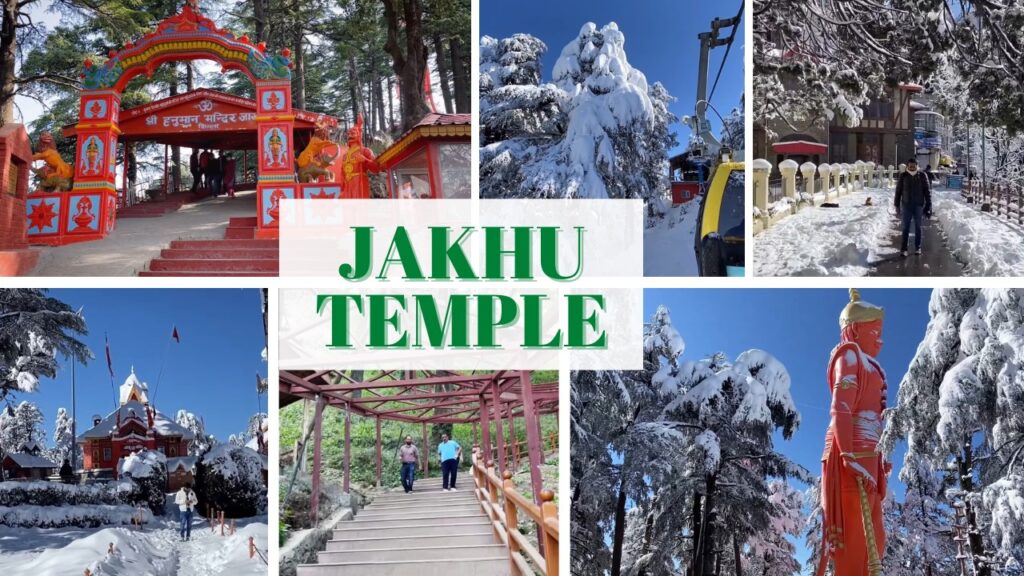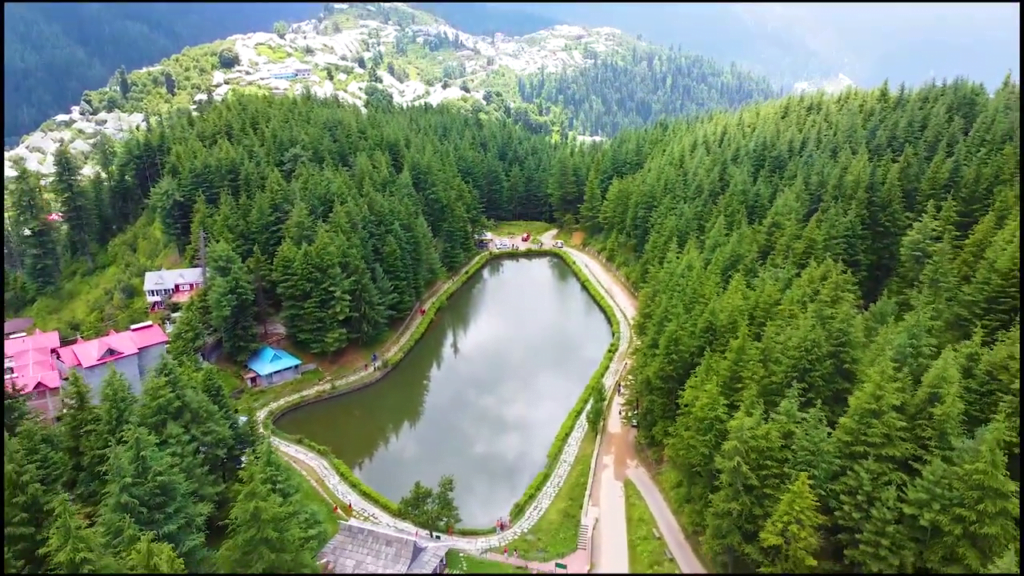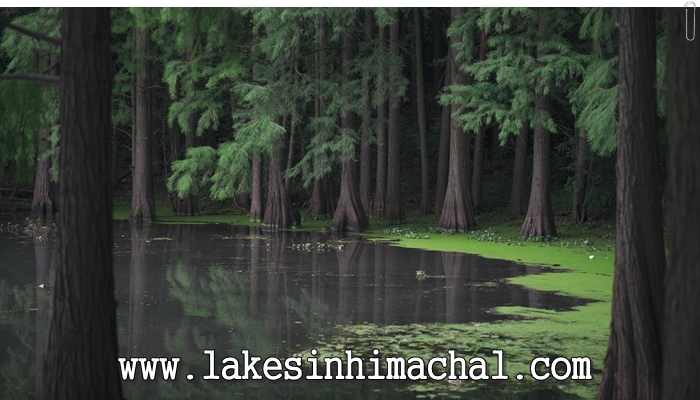Jakhu Temple Shimla, one of the most famous and revered temples in India, is located at the peak of the Jakhu Hill in the beautiful city of Shimla. Surrounded by dense forests of deodar and pine trees, the temple offers a breathtaking view of the majestic Himalayas. The temple attracts thousands of visitors every year who come to seek the blessings of the deity and soak in the serene atmosphere of the temple. In this article, we will take a closer look at the history, architecture, significance, and legends associated with Jakhu Temple Shimla.
Table of Contents
ToggleJakhu Temple History
It is believed that the Jakhu Temple, Shimla dedicated to Lord Hanuman, the monkey God is more than thousands of years old, belonging to the Mahabharatha era. The temple has been mentioned in several ancient Hindu texts and is considered to be one of the most sacred places of worship for the followers of Lord Hanuman. There are two temple at the Jakhu Hills,one very ancient and the present one which is visited by all.

Architecture and Design
The temple is built in the traditional North Indian style of architecture and is made of wood and stone. The temple’s walls are adorned with beautiful carvings and paintings that depict scenes from Hindu mythology. The temple’s main entrance is decorated with a huge statue of Lord Hanuman, which is around 108 feet tall, making it the tallest statue of Lord Hanuman in the world. The statue is visible from miles away.
Jakhu Temple Story : Legend and Myths
There are several legends and myths associated with Jakhu Temple. One of the most popular legends associated with the temple is the story of Lord Hanuman’s visit to the hill. It is said that Lord Hanuman visited the hill to fetch the Sanjeevani herb, which was needed to heal Lord Ram’s brother Lakshman, who had been wounded in battle. Lord Hanuman is believed to have rested on the hill for a while before continuing his journey. It is said that the temple was built at the spot where Lord Hanuman rested, and the footprints of the deity can still be seen on a rock near the temple.
Festivals and Celebrations
Jakhu Temple is a hub of activity during major festivals and celebrations. The temple celebrates Hanuman Jayanti, which marks the birth anniversary of Lord Hanuman, with great enthusiasm. Other major festivals celebrated at the temple include Diwali, Dussehra, and Navratri. During these festivals, the temple is beautifully decorated with lights and flowers, and devotees offer special prayers and perform rituals to seek the blessings of the deity.
How to Reach Jakhu Temple from Mall Road
Jakhu Temple is located at an altitude of 2455 meters above sea level, on the Jakhu Hill, which is the highest peak in Shimla. The temple is accessible by road, and visitors can either walk up to the temple from the Mall road or take a taxi or cable car. The walk to the temple is steep and can take around 45 minutes, but the breathtaking view of the surroundings makes it worth the effort. Just before you reach the temple, you are required to climb about 100 steps.
Jakhu Temple Taxi Price
As the walk to the temple is quite steep and takes around 45 minutes or even more. However, for many visitors, especially elderly people and children, this climb may be bit difficult. However, no worries as there are number of taxis available for Jakhu Temple. The taxis may charge upto 400 but shared taxi may even be available for Rs 50.
Cable Car to Jakhu Temple
Jakhu Temple can also be reached via cable car. The ticket price both ways (return) is Rs 467 for adults and 381 for children. The ticket for one way is Rs 252 for adults and 200 for children. No charges for child below 3 years. The location of the rope way is near the church on mall road. Tickets can even be booked online. Click here

Jakhu Temple Monkeys
As Jakhu Temple is dedicated to Hanuman, the Hindu monkey god, it is fitting that the site is home to monkeys. Visitors taking the scenic trail up to the Jakhu temple are warned to hide their belongings, including spectacles because the monkeys there are known to snatch anything they can find and hold it for ransom in the form of food. The monkeys there are not afraid of humans. In fact, tourists are also advised to carry sticks to ward off the aggressive monkeys and keep their shoes and other valuables in the lockers provided before entering the temple or risk losing them.
Tourist Attractions Near Jakhu Temple
Shimla is a popular tourist destination, and there are several other tourist attractions near Jakhu Temple. Some of the most popular tourist spots include the Ridge, the Mall Road, Christ Church, and Kufri. Visitors can also enjoy trekking and camping in the nearby forests.
Tips for Visitors
Visitors to Jakhu Temple are advised to wear comfortable walking shoes and carry a water bottle as the walk to the temple can be tiring. Photography is allowed inside the temple premises, but visitors are advised to be respectful and not disturb the sanctity of the temple. There are no entry fees to the temple, but visitors are expected to follow the dress code and maintain silence inside the temple. It is also advisable to visit the temple during weekdays as it can get crowded during weekends and holidays.

Where to Stay
Jakhu Temple is located in Shimla which is not only the capital of the state of Himachal Pradesh but is a very famous tourist destination. Therefore, accommodation may not be a prpblems as there are thousands of hotels and guest houses available in Shimla. There are several accommodation options available even near Jakhu Temple. Some of the most popular hotels include the Oberoi Cecil, the Radisson Hotel Shimla, and the Wildflower Hall. Visitors can also opt for homestays and guesthouses to experience the local culture and hospitality.
Conclusion
Jakhu Temple Shimla is a divine destination that attracts visitors from all over the world. The temple’s serene surroundings, rich history, and beautiful architecture make it a must-visit destination for those seeking spiritual solace or a peaceful getaway. Visitors to the temple can also explore the nearby tourist attractions and enjoy the beauty of the surrounding forests and mountains.



